The trade relationship between China and New Zealand has been experiencing significant growth in recent years. According to data from New Zealand’s Ministry of Foreign Affairs and Trade, China is New Zealand’s largest trading partner, with two-way trade valued at approximately NZD 34.3 billion in 2023. In this context, the role of shipping agents becomes increasingly vital; they facilitate smoother and more efficient international trade by handling the complexities associated with the transportation of goods. In this blog, we will explore the role of shipping agents in detail, the key services they provide, and why utilizing a shipping agent can be a strategic advantage for businesses engaged in international trade.
Related Article : Shipping From China to New Zealand
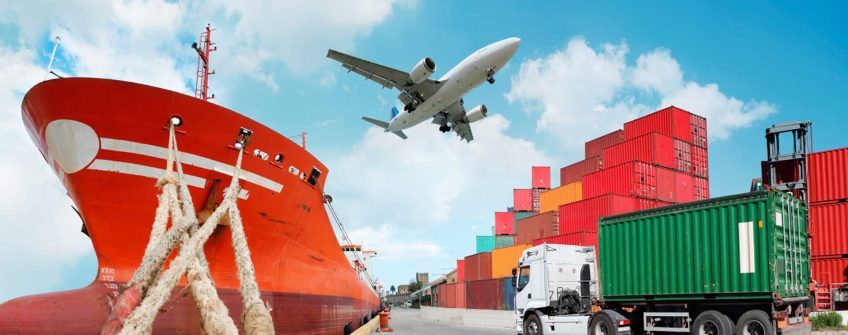
Role of Shipping Agents
Definition and Primary Responsibilities
A shipping agent is a professional or firm that acts on behalf of shipowners and charterers in international trade. Their primary responsibilities include:
- Coordinating the transport of goods, ensuring timely delivery and compliance with local regulations.
- Managing documentation, including bills of lading and customs declarations.
- Communicating with shipping lines, freight forwarders, and local authorities to ensure smooth operations.
- Offering advice on shipping routes, costs, and schedules to optimize logistics.
Key Services Provided by Shipping Agents
Shipping agents provide an array of services that are crucial for successful international trade. These services typically include:
- Ocean Freight: Arranging for the transportation of goods by sea, which is often the most cost-effective option for bulk shipments.
- Customs Clearance: Assisting with the preparation and submission of necessary documentation to facilitate the import and export of goods.
- Insurance Services: Offering options to insure goods against loss or damage during transit.
- Warehouse Services: Providing storage solutions for goods before they are shipped or after they arrive at their destination.
- Consultation: Offering expert advice on shipping regulations, tariff classifications, and trade agreements between China and New Zealand.

Why Use a Shipping Agent?
Utilizing a shipping agent can provide numerous advantages for businesses involved in international trade. Here are several key reasons why companies should consider employing a shipping agent:
- Expertise and Knowledge: Shipping agents possess in-depth knowledge of the shipping industry, including regulations and documentation requirements. This expertise can significantly reduce the risk of delays and complications in the shipping process.
- Cost-Effectiveness: By leveraging their relationships with shipping lines and freight forwarders, shipping agents can often negotiate better rates, resulting in cost savings for businesses.
- Time Efficiency: Shipping agents are skilled in managing logistics and can handle various aspects of the shipping process, allowing businesses to focus on their core operations instead of getting bogged down in paperwork and administrative tasks.
- Risk Management: With their understanding of the complexities of international shipping, agents can help mitigate risks associated with customs compliance and transportation, ensuring goods arrive safely and on time.
By engaging a shipping agent, businesses can improve their competitive edge in the growing trade landscape between China and New Zealand. Their role as facilitators of smooth logistics cannot be overstated, making them invaluable partners for any business looking to succeed in international trade.
4. Choosing the Right Shipping Agent
Selecting the appropriate shipping agent is crucial for ensuring a smooth and efficient shipping process. Several factors should be considered when making this choice:
Factors to Consider When Selecting an Agent
- Experience and Track Record: The shipping agent’s experience in handling shipments, particularly between China and New Zealand, can significantly impact the success of your logistics operations. An agent with a proven track record will be familiar with potential challenges and best practices.
- Local Knowledge: A shipping agent with deep knowledge of the local market conditions, regulations, and customs requirements in both China and New Zealand can provide valuable insights that help streamline the shipping process.
- Market Expertise: Understanding the specific market dynamics in both countries can empower your business to make informed decisions related to shipping routes, schedules, and costs.
- Reputation and Professionalism: Researching the reputation of a shipping agent through online reviews, testimonials, and industry recommendations is essential. A professional agent should be responsive and transparent in their communications.
- Specialization: Some shipping agents specialize in particular industries or types of goods. Selecting an agent with expertise in your specific market can ensure that they can cater to the unique requirements of your shipments.
- Value-Added Services: Look for agents that offer additional services which can enhance your shipping experience, such as:
- Warehousing and Distribution: Providing storage solutions for your goods before or after transportation.
- Cargo Insurance: Offering protection against damage or loss during transit, which is particularly important for high-value or fragile items.
- Tracking and Visibility Solutions: Implementing technology that allows you to monitor your shipments in real-time, offering peace of mind throughout the shipping process.
Importance of Experience in Shipping from China to New Zealand
An experienced shipping agent can drastically improve the efficiency and reliability of your shipping operations between China and New Zealand. They are adept at navigating potential pitfalls, such as customs clearance delays or unexpected costs, which can arise due to lack of knowledge or planning. Agents like Dantful International Logistics specialize in providing a comprehensive suite of services that ensure your shipments are handled professionally and cost-effectively, making them a reliable partner in your logistics strategy.
Dantful International Logistics Services:
- Dantful Ocean Freight Services
- Air Freight From China
- Amazon FBA Freight Forwarding
- WAREHOUSE Services
- One-Stop Customs Clearance Solution
- Cargo Insurance Services in China
- DDP Shipping Services By Dantful Logistics
- Out of Gauge Cargo Transportation Shipping Services
Shipping Methods from China to New Zealand
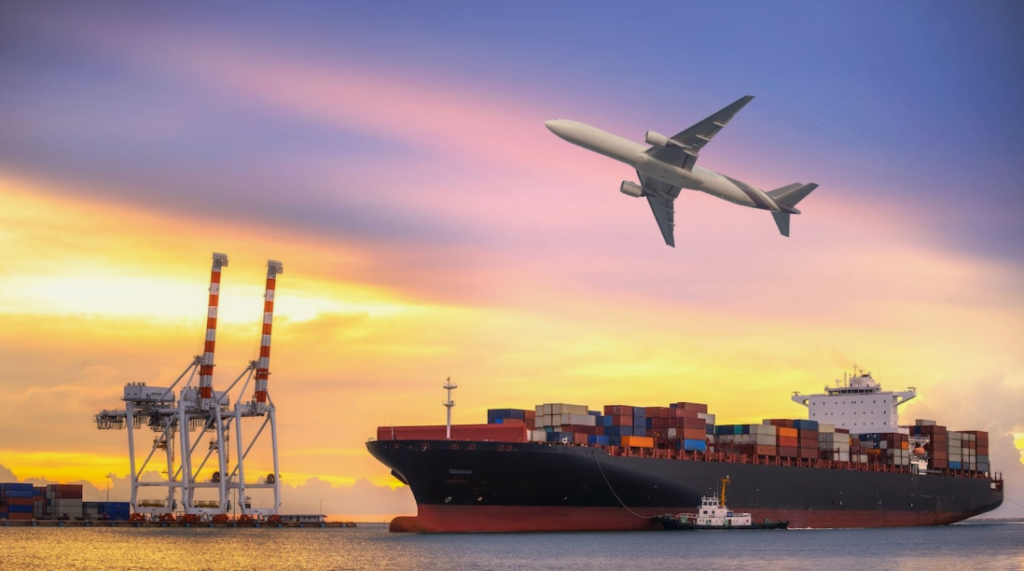
Understanding the various shipping methods available is essential for selecting the best option for your needs. Here are some commonly used methods:
Ocean Freight (FCL and LCL)
- Full Container Load (FCL): Ideal for businesses shipping large volumes of goods. FCL shipping allows you to rent an entire container, resulting in lower per-unit shipping costs.
- Less than Container Load (LCL): Suitable for smaller shipments that do not require a full container. LCL allows you to share the container space with other shippers, making it a cost-effective option.
Air Freight
Considered the fastest shipping method, air freight is ideal for time-sensitive shipments. It offers higher costs compared to ocean freight but can significantly reduce transit times, making it a preferred choice for high-value goods or urgent deliveries.
Express Courier Services
For smaller packages and urgent shipments, express courier services provide rapid delivery options. Companies like DHL, FedEx, and UPS specialize in this service, ensuring prompt transportation and delivery to New Zealand.
Multimodal Options
Sometimes, a combination of transportation methods (like air and ocean freight) can provide the most efficient solution. Multimodal shipping allows businesses to leverage the strengths of different methods to optimize costs and delivery times.
Read More:
- Shipping From China to the United States
- Shipping From China TO CANADA
- Shipping From China To Netherlands
- Shipping From China To UNITED KINGDOM
- Shipping From China To ALGERIA
- Shipping from China to UAE
- Shipping from China to Saudi Arabia
Documentation and Customs Procedures
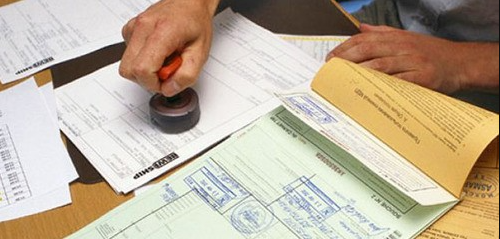
Navigating the documentation and customs procedures is critical for a successful shipment from China to New Zealand.
Required Documents for China-New Zealand Shipments
- Commercial Invoice: A detailed bill for the goods being shipped, including descriptions, prices, and payment terms.
- Packing List: A comprehensive list of the items in the shipment, including their dimensions and weight.
- Bill of Lading: A legal document issued by the shipping company that acknowledges receipt of the goods and outlines the terms of transport.
- Customs Declaration: Necessary forms that declare the details of the shipment to customs authorities.
Overview of Customs Clearance Process in New Zealand
The customs clearance process in New Zealand involves several key steps:
- Submission of Documentation: Providing necessary documents to the New Zealand Customs Service for review.
- Duties and Taxes Assessment: Customs will assess any applicable duties and taxes based on the declared value of goods.
- Inspection: Random inspections may be conducted to verify the contents of shipments.
- Release of Goods: Once all requirements are met, customs will authorize the release of goods for delivery.
Understanding and correctly managing these procedures is essential to avoid delays and ensure that shipments are cleared efficiently, further emphasizing the importance of choosing a knowledgeable shipping agent like Dantful International Logistics.
Challenges and Solutions

Engaging in international trade between China and New Zealand can present several logistical challenges that businesses must navigate effectively. Below are some common obstacles along with potential solutions.
Language Barriers
Language barriers can pose significant challenges in communication, leading to misunderstandings and misinterpretations of important information. This is particularly evident when dealing with suppliers, shipping agents, and customs authorities who may not be fluent in English or the local language.
Solutions:
- Hire bilingual staff or work with shipping agents who have language capabilities to facilitate smoother communication.
- Utilize translation tools and services to assist with documents and negotiations.
- Ensure that all critical documents are translated accurately to avoid discrepancies during shipping.
Understanding Cross-Border Protocols
Navigating the intricacies of cross-border protocols can be daunting. Each country has its own set of rules and regulations regarding trade, which can vary widely based on the type of goods being shipped. This lack of uniformity can create confusion for businesses unfamiliar with the local laws.
Solutions:
- Engage a specialized shipping agent, such as Dantful International Logistics, who is well-versed in the protocols of both China and New Zealand.
- Conduct thorough research and training for your team on the relevant trade laws and compliance requirements to ensure adherence to local regulations.
- Utilize technology solutions that offer insights into current customs procedures and trade agreements between the two countries.
Navigating Customs Regulations
Customs regulations are a significant concern when shipping goods internationally. New Zealand has strict customs laws that require accurate documentation and compliance with various import/export regulations. Failure to meet these requirements can result in delays, additional costs, or even confiscation of goods.
Solutions:
- Partner with a knowledgeable shipping agent who can assist with customs clearance and ensure that all paperwork is completed correctly.
- Utilize customs brokerage services to facilitate the clearance process and provide guidance on required documentation.
- Stay informed about changes in customs regulations and procedures by subscribing to industry updates and engaging with trade associations.
FAQs

Q1: What are the main shipping methods from China to New Zealand?
A1: The main shipping methods include ocean freight (FCL and LCL), air freight, express courier services, and multimodal options.
Q2: How long does it take to ship goods from China to New Zealand?
A2: Transit times vary depending on the shipping method chosen. Ocean freight can take several weeks, while air freight typically takes 3-7 days, and express courier services can deliver within 1-3 days.
Q3: What documents are required for customs clearance in New Zealand?
A3: Required documents include a commercial invoice, packing list, bill of lading, and customs declaration.
Q4: Can a shipping agent help with customs clearance?
A4: Yes, shipping agents often provide customs brokerage services to assist with the clearance process, ensuring all necessary documentation is in order.
Q5: What should I do if my goods face customs delays?
A5: Engage your shipping agent to communicate with customs authorities and identify the cause of the delay, ensuring that all compliance issues are addressed promptly.
References
- New Zealand Ministry of Foreign Affairs and Trade. (2021). “Trade and Economic Relations.” Link
- New Zealand Customs Service. (n.d.). “Guide to Importing.” Link

Young Chiu is a seasoned logistics expert with over 15 years of experience in international freight forwarding and supply chain management. As CEO of Dantful International Logistics, Young is dedicated to providing valuable insights and practical advice to businesses navigating the complexities of global shipping.



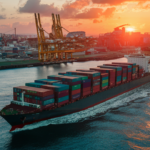

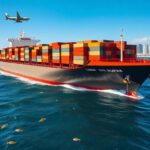



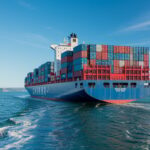
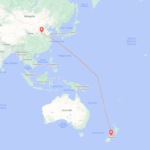
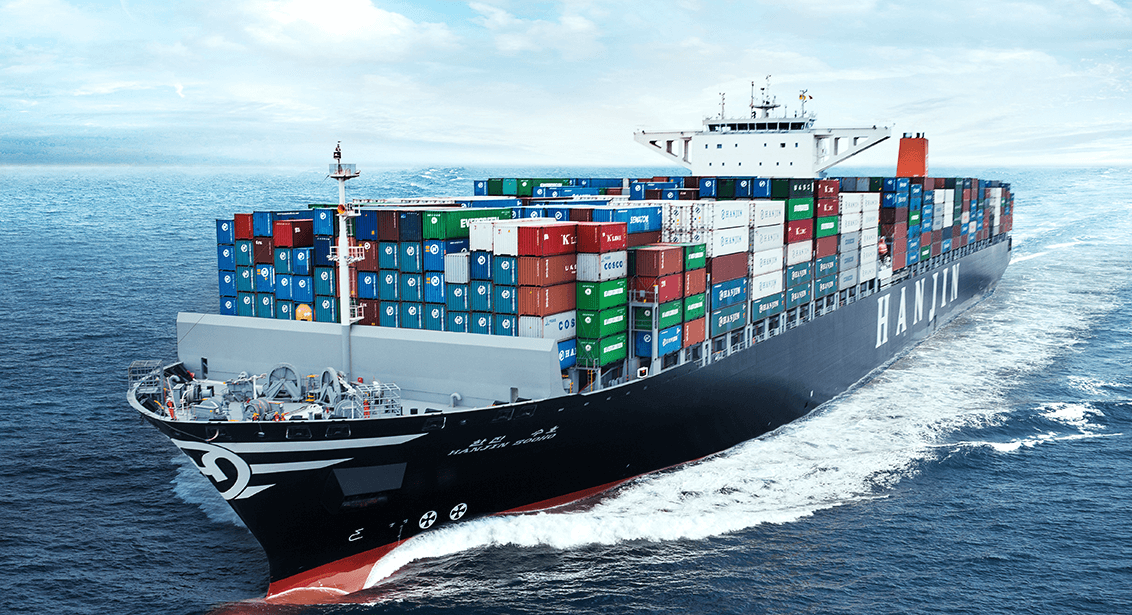
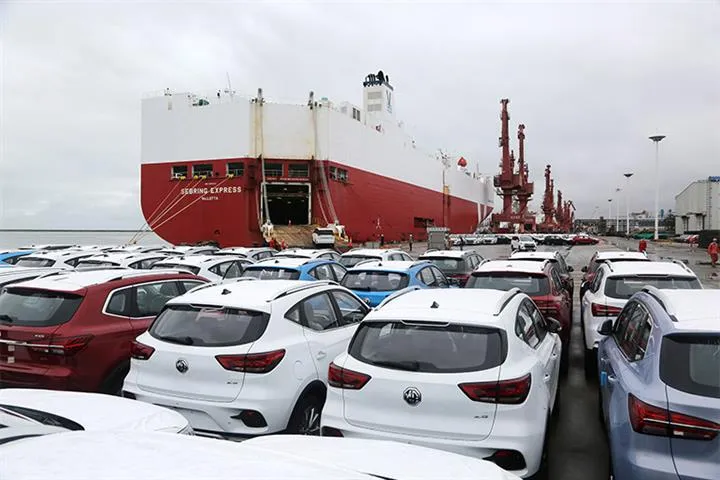

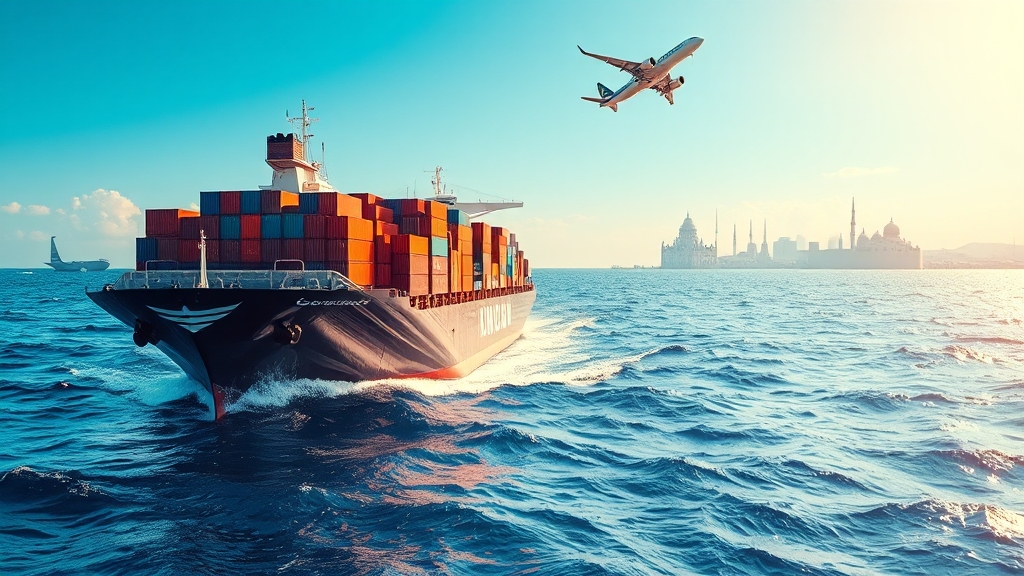
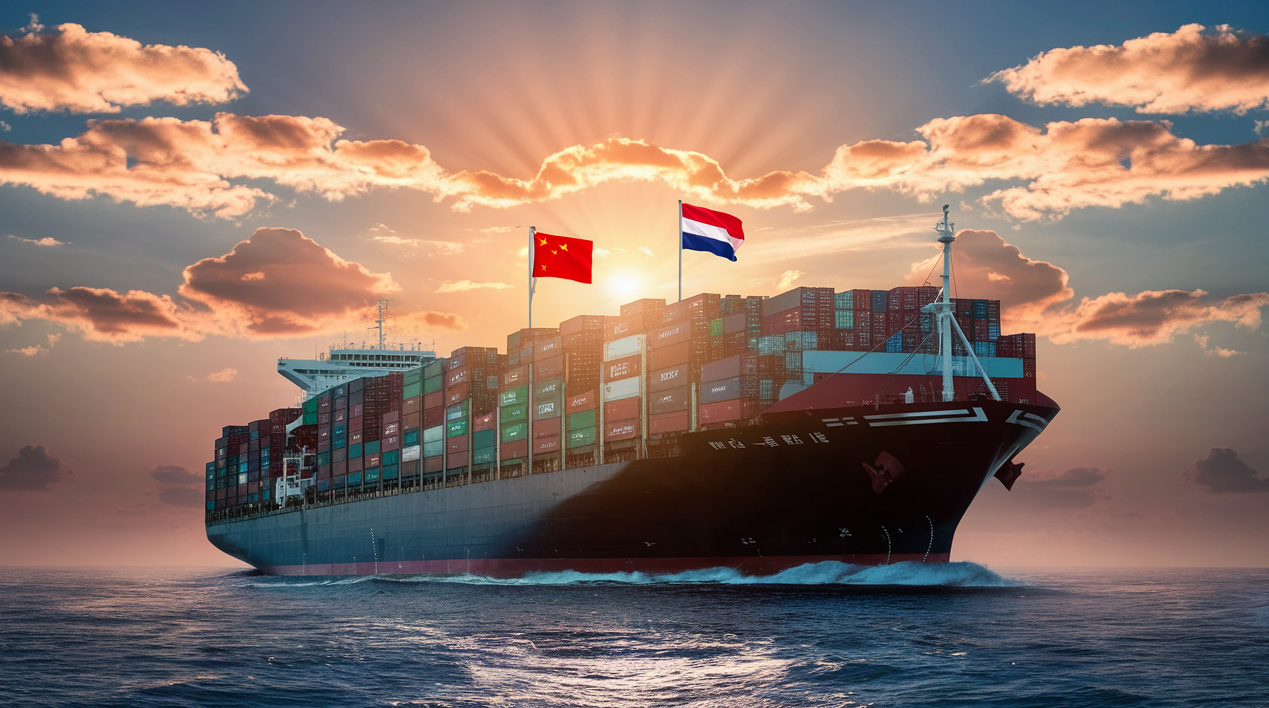





 Afrikaans
Afrikaans Shqip
Shqip አማርኛ
አማርኛ العربية
العربية Հայերեն
Հայերեն Azərbaycan dili
Azərbaycan dili Euskara
Euskara Беларуская мова
Беларуская мова বাংলা
বাংলা Bosanski
Bosanski Български
Български Català
Català Cebuano
Cebuano Chichewa
Chichewa 简体中文
简体中文 繁體中文
繁體中文 Corsu
Corsu Hrvatski
Hrvatski Čeština
Čeština Dansk
Dansk Nederlands
Nederlands English
English Esperanto
Esperanto Eesti
Eesti Filipino
Filipino Suomi
Suomi Français
Français Galego
Galego ქართული
ქართული Deutsch
Deutsch Ελληνικά
Ελληνικά Kreyol ayisyen
Kreyol ayisyen Harshen Hausa
Harshen Hausa Ōlelo Hawaiʻi
Ōlelo Hawaiʻi עִבְרִית
עִבְרִית हिन्दी
हिन्दी Hmong
Hmong Magyar
Magyar Íslenska
Íslenska Igbo
Igbo Bahasa Indonesia
Bahasa Indonesia Gaeilge
Gaeilge Italiano
Italiano 日本語
日本語 Basa Jawa
Basa Jawa ಕನ್ನಡ
ಕನ್ನಡ Қазақ тілі
Қазақ тілі ភាសាខ្មែរ
ភាសាខ្មែរ 한국어
한국어 كوردی
كوردی Кыргызча
Кыргызча ພາສາລາວ
ພາສາລາວ Latin
Latin Latviešu valoda
Latviešu valoda Lietuvių kalba
Lietuvių kalba Lëtzebuergesch
Lëtzebuergesch Македонски јазик
Македонски јазик Malagasy
Malagasy Bahasa Melayu
Bahasa Melayu മലയാളം
മലയാളം Maltese
Maltese Te Reo Māori
Te Reo Māori मराठी
मराठी Монгол
Монгол ဗမာစာ
ဗမာစာ नेपाली
नेपाली Norsk bokmål
Norsk bokmål پښتو
پښتو فارسی
فارسی Polski
Polski Português
Português ਪੰਜਾਬੀ
ਪੰਜਾਬੀ Română
Română Русский
Русский Samoan
Samoan Gàidhlig
Gàidhlig Српски језик
Српски језик Sesotho
Sesotho Shona
Shona سنڌي
سنڌي සිංහල
සිංහල Slovenčina
Slovenčina Slovenščina
Slovenščina Afsoomaali
Afsoomaali Español
Español Basa Sunda
Basa Sunda Kiswahili
Kiswahili Svenska
Svenska Тоҷикӣ
Тоҷикӣ தமிழ்
தமிழ் తెలుగు
తెలుగు ไทย
ไทย Türkçe
Türkçe Українська
Українська اردو
اردو O‘zbekcha
O‘zbekcha Tiếng Việt
Tiếng Việt Cymraeg
Cymraeg יידיש
יידיש Yorùbá
Yorùbá Zulu
Zulu